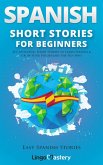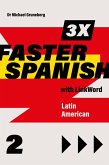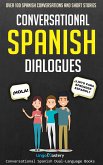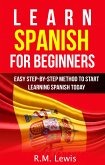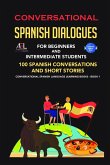(1) that they be good literature, (2) that they portray modern Spanish life, and (3) that they be interesting and not too difficult in language and thought. Some of the stories do not conform to all three rules,-the first two, for instance, do not portray modern Spanish life; but I hope that most of them will be found to conform fully. A few short lyric poems have also been included, since poetry forms an integral part of literature. Verse, moreover, is better for oral work and memorizing than prose.
Spain has a rich and varied literature, from which other nations have freely drawn,-a literature that gives true expression to the life and aspirations of the Spanish people. The selections in this volume are taken from literary works that have been written in the past fifty or sixty years, and although they are inferior in some respects to the great master-pieces of the sixteenth and seventeenth centuries, I believe that they have literary excellence, and they have, besides, the advantage of being written in the language of today and of describing present-day life.
It is my greatest wish that this volume may awaken the students' interest in the civilization of Spain, and that it may serve as an introduction to the study of Spanish literature. The integrity of the texts has been preserved so far as the exigencies of a beginners' book permit, but the following changes have been made:
(1) Some words or passages have been omitted, chiefly in the earlier stories. The parts thus omitted are, for the most part, digressions or uninteresting descriptive passages. Omissions have generally been marked by four suspensive points, or by three at the beginning of a story. Except at the beginning of a story, three suspensive points form a part of the punctuation of the several authors. (2) The orthography has been made to conform to that now prescribed by the Royal Spanish Academy. (3) In the earlier stories, le has been substituted for the feminine indirect object-pronoun la, and los for the masculine plural direct object-pronoun les.
Dieser Download kann aus rechtlichen Gründen nur mit Rechnungsadresse in A, B, BG, CY, CZ, D, DK, EW, E, FIN, F, GR, H, IRL, I, LT, L, LR, M, NL, PL, P, R, S, SLO, SK ausgeliefert werden.



